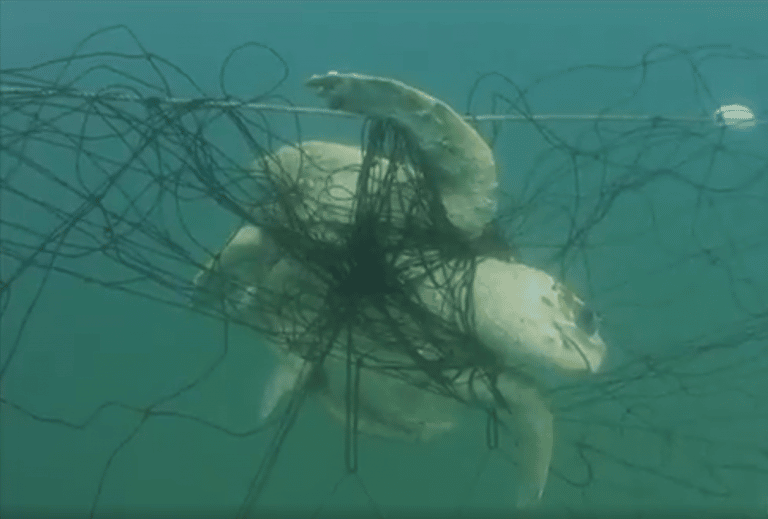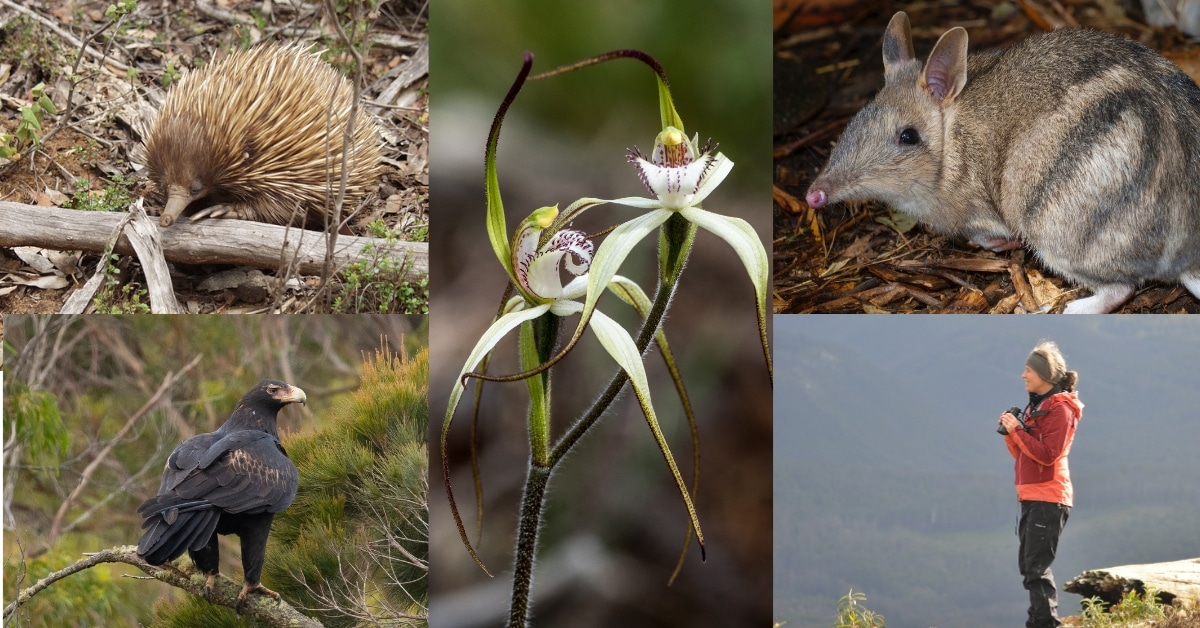SYDNEY (29 March 2025)—NSW Government scientists have issued a damning condemnation of the state’s shark nets, stating that they could find ‘no evidence’ that shark nets decrease fatalities. The Response to the Shark Meshing (Bather Protection) Program 2023/2024 Annual Performance Report, was released late on Friday by the NSW Government’s...
In the early hours of this morning, Humane Society International (HSI) was devastated to watch live footage of the minke whale, trapped for 19 days in fishing nets in Taiji, being brutally killed and delivered for butchering wrapped in a blue tarp.
With the whale’s ordeal monitored by a local campaigner with a drone and garnering global attention, we clung on to hope that Japanese authorities would spare its life. But today, when the fishing boats reached the enclosure, owned by the Taiji Fisheries Cooperative, we watched horrified as the whale was killed by suffocation.
HSI’s Animal Welfare Program Manager, Ms Georgie Dolphin, said, “We feel saddened by this dreadful outcome. It is soul-destroying to think that by merely lifting the net three weeks ago, this poor animal could have been swimming free instead of being trapped in prolonged distress only to be suffocated and butchered for commercial sale in local markets.”
The Government of Japan has recently issued its quotas for the country’s commercial whaling operations for 2021, setting the catch limit of large whales at 383. The quota allows a catch limit of 171 minke whales including a potential ‘by-catch’ of 37. They also allow for the capture of 187 Bryde’s whales and 25 Sei whales.
Ms Dolphin added: “While we mourn the tragic passing of this animal, we know that a similar brutal end comes to many more whales off the coast of Japan every year. They are the silent victims of Japan’s continued commercial whaling. What was rare was for it to be witnessed”.
The town of Taiji in the Wakayama Prefecture already attracts substantial critique since it is home to cruel dolphin drive hunts. The otherwise beautiful town is the largest exporter of wild-caught dolphins in the world, supplying marine parks globally, and featured in the 2009 Oscar-winning documentary ‘The Cove’.
Ms Dolphin concluded, “HSI believes that deliberately entrapping whales for prolonged periods under the guise of ‘by-catch’ is inhumane and we call on the people of Japan to speak out against this cruelty. The commercial killing of whales is subject to a global ban, but Japan has sought to escape the ban by leaving the International Whaling Commission. Consequently, they continue to kill whales for commercial purposes completely outside of the framework of international law. We will continue to call on the Japanese government to bring an end to all forms of commercial whaling and dolphin hunting due to the immense animal cruelty caused.”
HSI expresses our sincere thanks to Ren Yabuki, director of local Japanese NGO Life Investigation Agency (LIA), who tirelessly and bravely documented the whale’s plight throughout its 19-day ordeal.
Notes:
- Japan awards itself a quota of trapped minke whales as part of its self-allocated commercial whaling quota.
- Taiji is a small town in the Wakayama Prefecture that has made its name as the largest exporter of wild-caught dolphins in the world.
- The Taiji dolphin hunters use the cruel drive hunting technique to corral them into the infamous Cove, selecting some for captivity and slaughtering others for their meat. They search for dolphins each day from September 1st for the six-month season, causing immense animal suffering.
- The demand for captive dolphins for entertainment around the world is the key motivator for the continuation of the Taiji slaughter.
- Life investigation Agency (LIA) is working in collaboration with Dolphin Project.
For images and video please contact rhiannon@hsi.org.au.
Note: An earlier version of this press release referenced the use of an exploding harpoon which we understood to be correct at the time of posting. We have since learned this device was not used to kill the minke, it was in fact suffocated.


